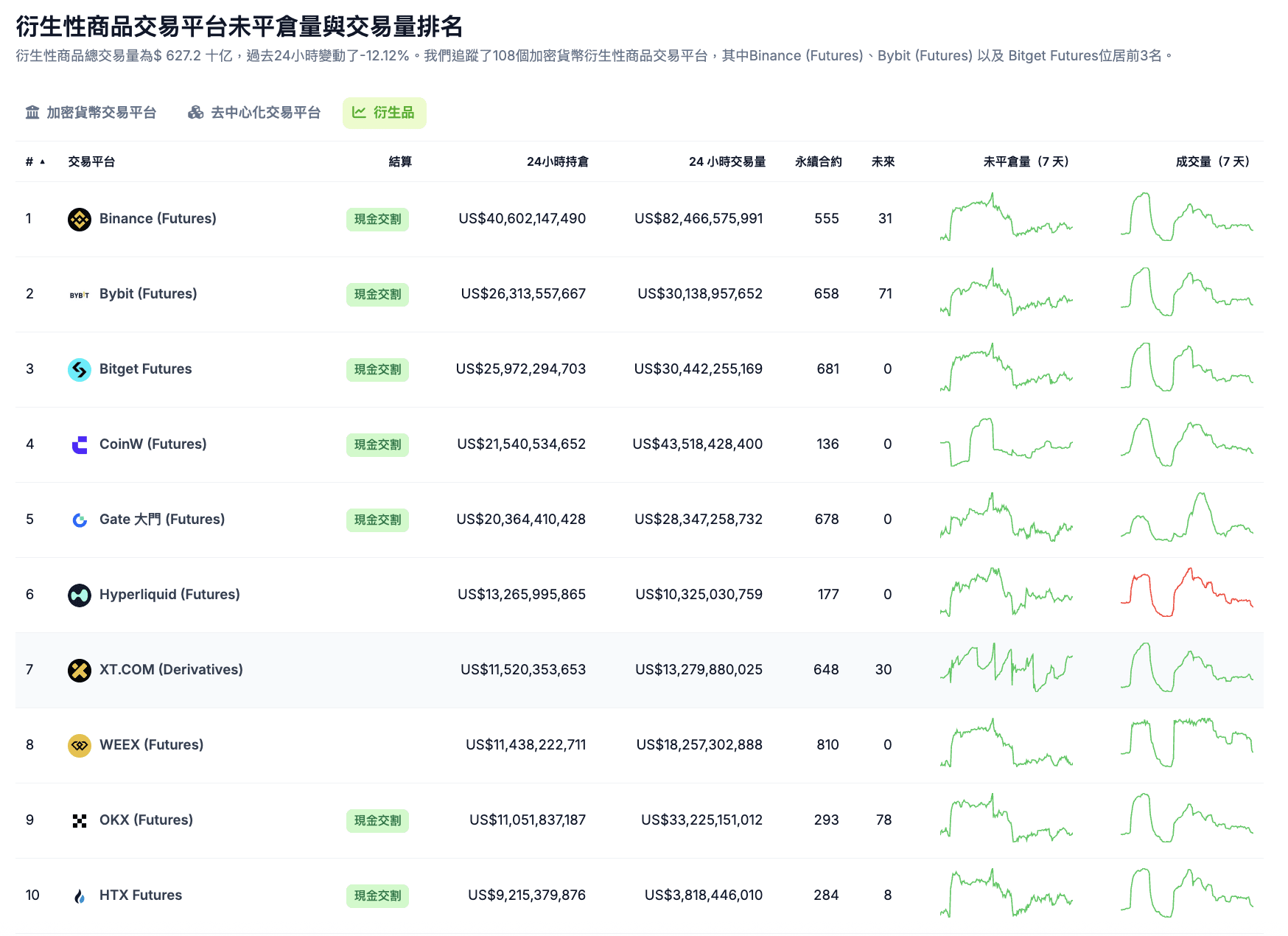CFTC clarifies overseas exchange registration framework, ending years of regulatory uncertainty.
The U.S. Commodity Futures Trading Commission (CFTC) issued new guidelines on Thursday (8/29), clarifying that overseas cryptocurrency exchanges can legally provide services to U.S. customers through a Foreign Board of Trade (FBOT) registration framework.
Acting Chair Caroline Pham stated in a statement, 'This advisory guideline provides the regulatory clarity needed to legally bring trading activities back to the U.S., ending the uncertainty caused by the past few years of regulatory enforcement.'
It also emphasized that since the 1990s, Americans have been able to trade on non-U.S. exchanges registered as FBOTs with the CFTC, and this framework applies to all asset classes.
Pham pointed out, 'From now on, the CFTC welcomes Americans who wish to return to safely and efficiently trade under CFTC regulation and open the U.S. market to other parts of the world.'
These guidelines clarify that overseas exchanges do not need to register as a U.S. designated contract market (DCM) for U.S. customers to directly use their electronic trading services but must be strictly regulated in their home country. The CFTC stated that it has recently received an increasing number of such registration applications, hence the issuance of guidelines to provide clear direction. The agency noted that past chaos caused by enforcement actions led to confusion about whether overseas exchanges should register as FBOTs or DCMs.
An important milestone in the Trump administration's cryptocurrency push.
These new guidelines are a significant component of the CFTC's 'cryptocurrency push' plan, which aims to pave a broader path for U.S. cryptocurrency businesses. Pham described this move as 'another example of the CFTC continuing to deliver victories for President Trump,' emphasizing that this is part of the cryptocurrency push plan.
President Trump has repeatedly expressed a desire to bring cryptocurrency companies back to the U.S. to establish a leadership position in the digital asset industry. From 2021 to 2024, the lack of clear regulation has led to a significant outflow of cryptocurrency companies, with most trading volumes occurring on overseas exchanges. Edwin Mata, CEO of tokenization platform Brickken, told Cointelegraph that vague regulatory provisions have fragmented the policy landscape in the U.S.
Notably, Pham is currently the only remaining commissioner at the CFTC, as Kristin Johnson announced her departure this week. Trump has nominated former CFTC commissioner Brian Quintenz for the chair position, but the White House has suspended his confirmation process before the Senate's summer recess. It is reported that Pham also plans to leave the commission after a full-time chair is confirmed.
Further Reading
CFTC facing personnel shortage! The commission has only 1 member left; can new technology uphold the regulatory front for cryptocurrencies?
Major exchanges like Binance are expected to return to the U.S. market.
This policy change opens the door for major overseas cryptocurrency exchanges like Binance, Bybit, and OKX to legally serve U.S. customers. Currently, the world's largest cryptocurrency exchange, Binance, cannot provide services to U.S. residents and operates in the U.S. through an independent entity, Binance.US, but that service is not available in all states. Under a $4.3 billion settlement agreement in 2023, Binance agreed to 'completely exit' the U.S. market.
Further Reading
Binance incident 3-minute summary | Binance to pay $4.3 billion fine! Is Zhao Changpeng going to jail? Understand the timeline at once.
According to CoinGecko data, the largest cryptocurrency derivatives exchanges are located outside the U.S., with Binance, Bybit, and Bitget leading the market. Binance facilitated $82.467 billion in derivative trading volume in the past day. During the Biden administration, the U.S. Securities and Exchange Commission has taken enforcement actions against multiple cryptocurrency platforms, accusing them of not registering as DCM.
 Source: CoinGecko The largest cryptocurrency derivatives exchanges are located outside the United States.
Source: CoinGecko The largest cryptocurrency derivatives exchanges are located outside the United States.
Cheryl Isaac, a partner at K&L Gates LLP specializing in derivatives and commodities law, stated that the CFTC's guidelines are essentially a 'reminder of the CFTC's existing rules.' She noted, 'These rules have been in place for over a decade, require relatively loose standards, but are still subject to CFTC jurisdiction.'
According to a letter from CFTC staff, exchanges need to be established exchanges, have rules prohibiting abusive trading practices, enforce their rules, demonstrate financial integrity, and be authorized to operate in their jurisdiction.
Market liquidity and innovation environment are expected to improve significantly.
Allowing overseas exchanges to provide services to U.S. residents may increase liquidity in the cryptocurrency market and eliminate barriers that keep cryptocurrencies trapped regionally. This change allows U.S. traders to access the overseas liquidity of these cryptocurrency platforms while still maintaining rights protection based on U.S. law.
During the previous administration, U.S. exchanges faced some restrictions compared to their overseas counterparts, with limited ability to offer clients perpetual futures trading, staking, and leverage. Clear rules will reduce the legal burden on cryptocurrency companies, allowing them to operate in the U.S. without fear of legal reprisals and regulatory enforcement.
The CFTC is seeking public feedback on its cryptocurrency policies to develop regulatory provisions that protect market participants without imposing excessive burdens that drive innovative projects offshore. This new guideline symbolizes a significant shift in the U.S. cryptocurrency regulatory landscape, opening up new possibilities for the integration of the global cryptocurrency market.
Further Reading
New CFTC plan! Aims to allow compliant futures exchanges to launch cryptocurrency spot contracts, currently seeking public opinion.
'Government gives the green light! CFTC's new guidelines: Americans can legally use overseas cryptocurrency exchanges.' This article was first published in 'Crypto City.'
